Shakti is seen as a source of creation, as a symbol of sustenance as well as a force of destruction in Hindu mythology. The religions, Buddhism, Jainism and Hinduism, have their own interpretations and representation of Shakti. The volume contains a selection of papers from those presented at a national seminar on representation of Shakti in Indian art, archaeology, philosophy and literature.
Scholars from various disciplines discuss forms and aspects of Shakti. They deal with the evolution of Shakti as examined in Indian philosophy and literature and take up the forms of Shakti referring to religious texts, mainly Tantric texts: forms such as Nirti, the goddess of misfortune; Hariti, goddess of fertility, progeny, wealth and all materialistic gains and the Satvai, the folk goddess of childbirth in Maharashtra among others. They discuss archaeology, or study of material remains and sculptures, that helps in conveying a better understanding of the concept of Shakti. Indologists, philosophers and archaeologists here view Shakti the goddess as she was perceived in ancient writings, throw light on some socio-ethical perspectives on Shakti and study Shakti in Hindustani music compositions. Quoting liberally from religious texts, they study Shakti cults that have held some prominence in the past such as the cult of Lajjagauri under the Rahstrakuta kings. They view the depiction of Devi Lakshmi in northern Indian coins from AD 600 to 1200 and Shakti relevance in Siddhanta Shaiva Agamas. They also bear reference to manifestation of Shakti in various women and examine the experiences of female saints, poets and mystics in the medieval era characterising them as bold, revolutionary and feministic—such as Janabai and Bahina, a female saint of Maharashtra who led a householder’s life but continued to struggle for spiritual excellence. They take up related themes such as women’s role on society today taking into perspective different approaches including the Gandhian approach towards the role of women.
ABOUT THE AUTHOR Suraj A Pandit
Born on 22nd March 1977, Dr. Suraj A. Pandit is working as Assistant Professor and Head of the Department of Ancient Indian Culture and Archaeology at Sathaye College, Mumbai. He is also Chairperson of Board of Studies in Ancient Indian Culture and Archaeology, University of Mumbai as well as member of Academic Council, Faculty of Arts, Board of University Teaching and Research in the faculty of Arts, Research and Recognition Committee in Ancient Indian Culture and Archaeology in University of Mumbai.
His specialization is Indian Buddhism and Buddhist architecture and archaeology. He did his Doctoral thesis on 'Kanheri Caves', a group of caves in Mumbai representing Western Indian Buddhist Rock-Cut Architecture, under the guidance of Prof. A. P. Jamkhedkar. He had received the K. T. Telang Research Fellowship in Indology of Asiatic Society of Mumbai in the year 2006-07. He has been delivering lectures for various courses under Mumbai University as well as in Pune University. He has total 19 paper published on his name in International as well as National journals.
He was working a visiting faculty for Post Graduate courses in History in SNDT University while he is a recognized teacher of the University of Mumbai. He has been in teaching Under Graduate and Post Graduate students of University of Mumbai and SNDT University, Mumbai for last 12 years. He is actively involved in the creating awareness among masses about the preservation of Heritage and delivered numerous public lectures on different monuments and heritage of Mumbai.
He has worked as consultant for the Ajanta Site Management Plan and Sisupalgar Site Management Plan. He had organized various seminars and workshops on Indology, Epigraphy, Buddhism and Heritage Conservation.
Presently he is working as Coordinator on a 'Research Project' on critical Editing of Manuscript in the possession of Asiatic Society of Mumbai, funded by Government of India. He has completed several projects funded by ICHR and American Institute of Indian Studies in the field of Epigraphy and Art History.

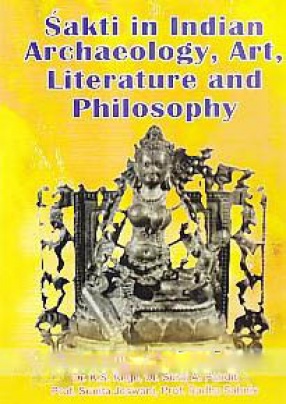
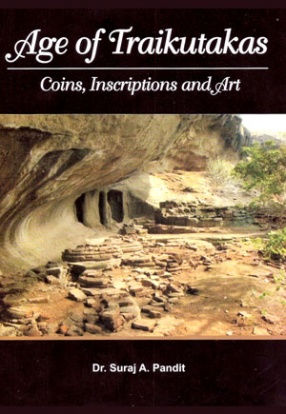
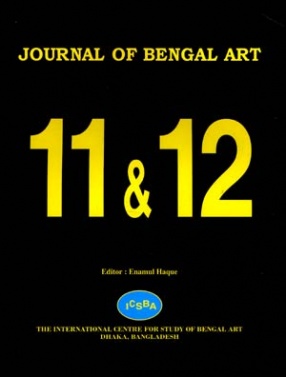
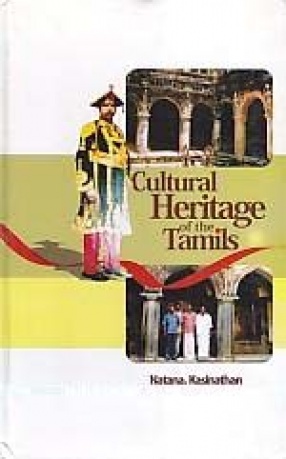
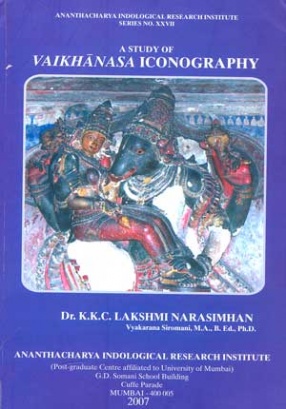
There are no reviews yet.